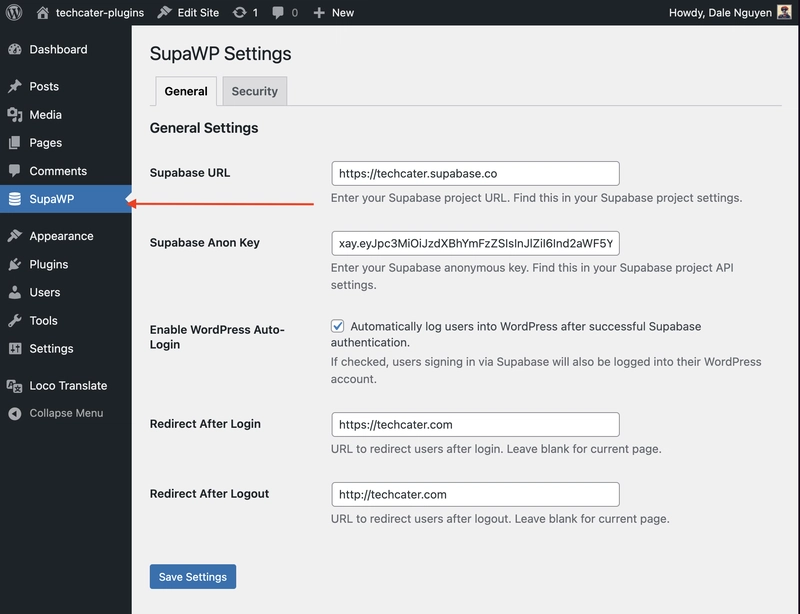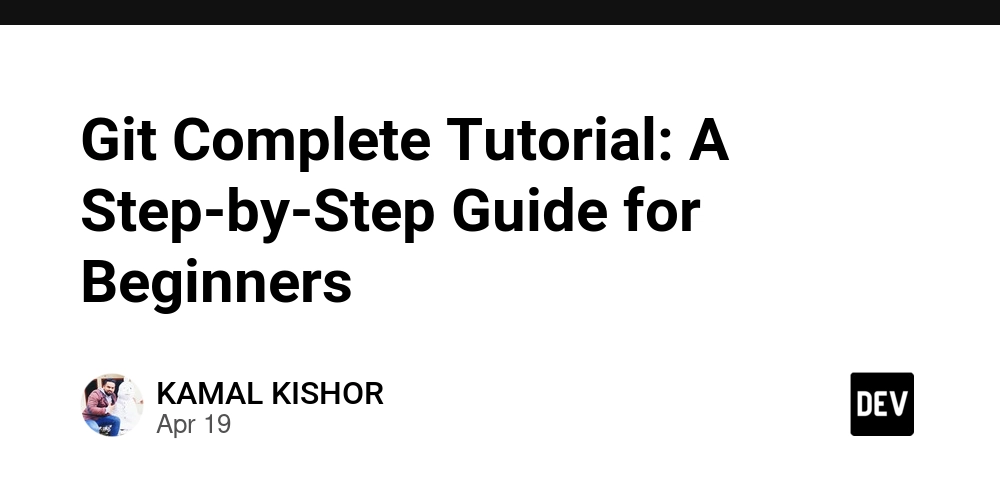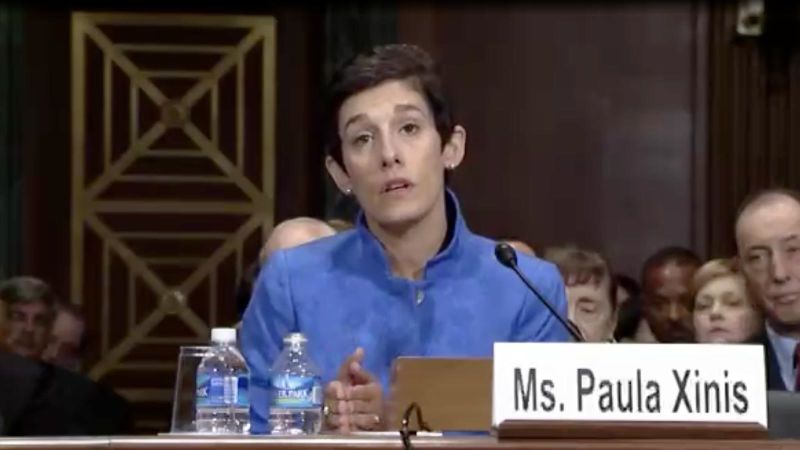Abortion is back at SCOTUS — and this time the case could destroy Medicaid
The Supreme Court is considering a case that could strip millions of Medicaid recipients of their right to choose their health care provider, potentially allowing states to dictate health care options based on political ideology rather than medical needs.

Last Wednesday, the Supreme Court heard oral arguments in a case that could strip millions of Medicaid recipients of their right to choose their health care provider, marking a new battle over reproductive rights in the U.S.
In Medina v. Planned Parenthood South Atlantic, the court will decide whether Medicaid recipients can challenge a state’s decision to block them from accessing care at Planned Parenthood Health Centers. At issue is the freedom of choice provision, a federal law establishing that Medicaid patients can obtain care from any qualified provider.
This case could set a precedent allowing states to dictate health care options based on political ideology rather than medical needs.
A ruling against Planned Parenthood would be a historic shift, permitting states to exclude providers simply because they offer abortion services — even though Medicaid funds are already prohibited from covering abortion in most cases. The freedom of choice provision is a longstanding and widely accepted law, so much that the Fourth U.S. Circuit Court of Appeals repeatedly rejected South Carolina’s attempts to terminate Planned Parenthood as a provider under Medicaid.
So why is the Supreme Court taking the case? Because anti-abortion activists are relentless in their attempts to defund Planned Parenthood. Ending Planned Parenthood’s participation in Medicaid is part of a decades-long plan to financially hurt the organization and a Project 2025 strategy that has gained traction since Dobbs v. Jackson Women’s Health Organization and under the Trump administration.
It’s no coincidence that the Alliance for Defending Freedom (the group behind the efforts to revoke the Food and Drug Administration’s approval for the abortion medication mifepristone) is representing the state of South Carolina.
Based on last week’s arguments, it was clear that the justices were skeptical about the case, and both liberal and conservative justices had major questions about the validity of South Carolina’s argument.
Beyond politics, this case has major public health implications. First, attacks on Planned Parenthood threaten abortion and reproductive health access nationwide. If successful, the case could shutter clinics, cutting off access to critical abortion care for people across the U.S. — even in states where abortion remains legal after the Dobbs decision.
Millions could lose access to contraception, testing for sexually transmitted infections, HIV treatment, gender-affirming care, breast and cervical cancer screenings, and more. Research shows that limiting reproductive health services has horrific ripple effects, reducing access to the full spectrum of sexual and reproductive health care.
Second, this case threatens the very structure of Medicaid, one of our most effective bipartisan anti-poverty measures. For over six decades, Medicaid has played a crucial role in helping people afford reproductive health services. Medicaid covers 1 in 5 people in the U.S. (just over 83 million people), the majority of whom are people of color because of systemic racism.
Medicaid is also the largest public funder of family planning services, covering 41 percent of births in the U.S. Expanding Medicaid services has improved access to prenatal and postpartum care, contraception, HIV screenings and abortion care. If the court allows states to block providers for ideological reasons, Medicaid patients could lose access to high-quality, affordable care that meets their needs.
The status of reproductive rights in the U.S. is changing quickly. Last week’s oral arguments are coming just days after the Trump administration attempted to freeze millions of dollars in federal family planning grants, and weeks after the administration dismissed the case the Biden administration brought against Idaho, claiming that the state’s abortion ban violates the Emergency Medical Treatment and Active Labor Act.
It is clear that the Medina case will have far-reaching impacts on the health and well-being of people who use the Medicaid program, and is part of a coordinated affront to reproductive health care in the U.S. It is crucial that everyone who cares about health care access and the freedom to choose your health care provider to understand the Medina case. All eyes must be on the Supreme Court as it decides on a core pillar of our nation’s reproductive health safety net.
Dana M. Johnson, Ph.D., is a health disparities research postdoctoral fellow at the University of Wisconsin School of Medicine and Public Health. Terri-Ann Thompson, Ph.D., is a senior research scientist at Ibis Reproductive Health.










































































